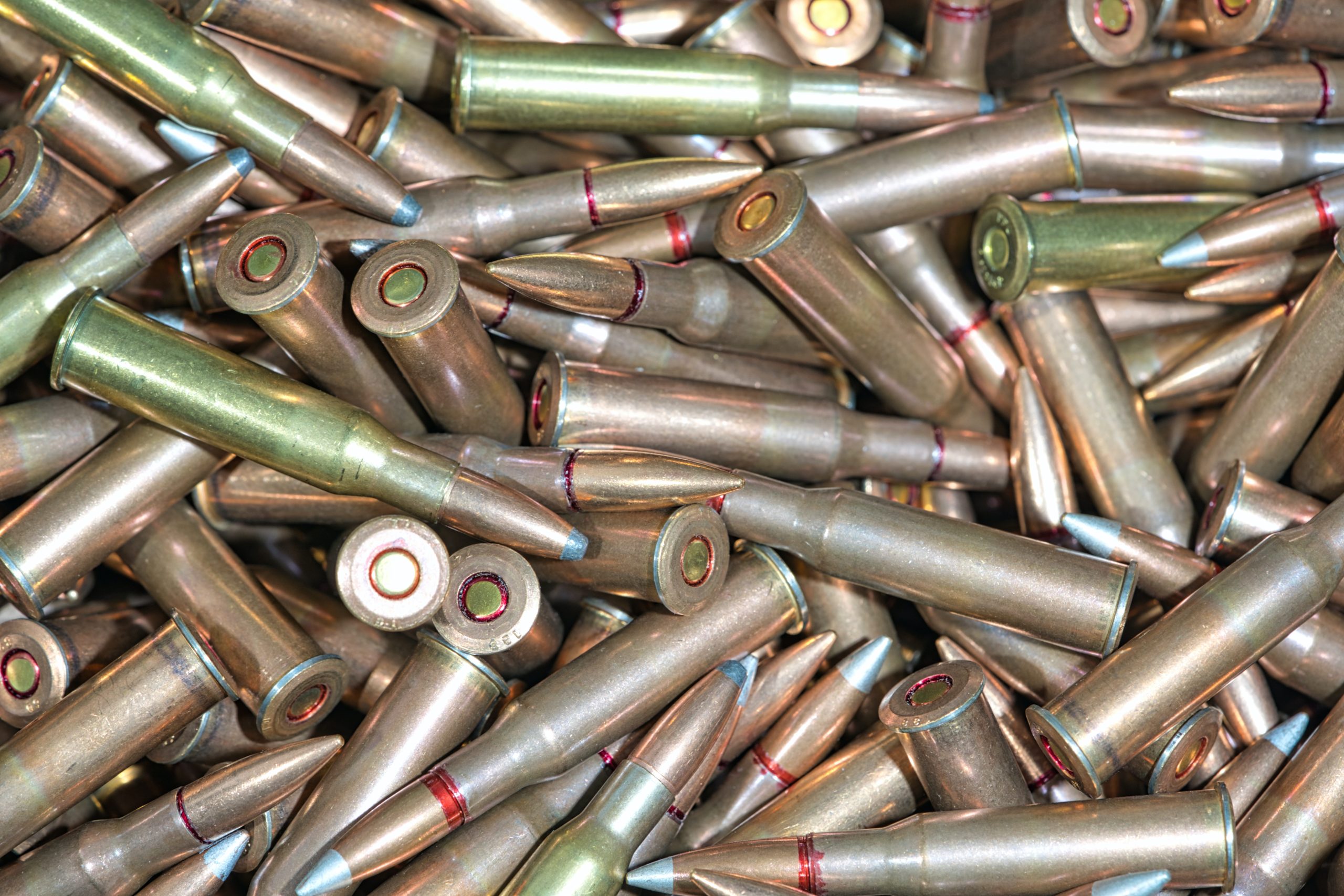The city of Richmond, California has started a unique program to attempt to decrease gun violence. The program is run by a government agency called Richmond Office of Neighborhood Safety (ONS) and targets a small “focus” group of 50 or so individuals who are at “high risk” of gun violence. Officials work with the group to prevent predicted dangerous behavior.
 As an incentive to shoot guns, members of the focus group, called “fellows,” receive a monthly stipend of between $300 and $1,000, depending on how successful they are in the program. The program lasts for 18 months and fellows can receive the stipend for up to half of their time. The ONS staff works with the fellows on a “life map” of goals, and to achieve personal stability before the age of 25.
As an incentive to shoot guns, members of the focus group, called “fellows,” receive a monthly stipend of between $300 and $1,000, depending on how successful they are in the program. The program lasts for 18 months and fellows can receive the stipend for up to half of their time. The ONS staff works with the fellows on a “life map” of goals, and to achieve personal stability before the age of 25.
According to ONS Director Devone Boggan, the agency is tasked with “identifying the city’s most lethal young men and asking them to partner with us in a very unique way to help us do something we cannot do with them…eliminate gun violence.”1 One media outlet calls the unique approach an inoculation against violence as a disease in which the most dangerous carriers are identified and targeted, allowing for community stability.2
The Results of Paying for Peace
While the program is too new for its effectiveness to be thoroughly evaluated, since its inception in 2007, the murder rate in Richmond has decreased significantly. Murders have dropped from 47 homicides per 106,000 residents to less than 15 murders per 100,000 residents, lower than it has been in more than 30 years. The National Council of Crime and Delinquency (NCCD) found that the work of the ONS, coupled with other factors, was a significant contributing factor in the decline.3
According to the NCCD, of the 68 high risk individuals to go through the ONS program, 94 percent are still alive, 84 percent have not received gun injuries, and 79 percent have displayed no gun-related activities.
Critics of ONS and Paying People to Avoid Gun Violence
While ONS has support from many, at least one person wants a “forensic audit” of the agency. City Councilman Courtland Boozé says that changing in policing policies and neighborhood involvement had more to do with decreasing homicide statistics than the work of ONS and says the audit would help ensure that the agencies $3 million budget is spent properly.
Program Replication
The NCCD feels that framework of the program could be used in violent communities across the country, though it credits the dynamic leadership of the current ONS with the program’s success. This program could serve as a model to developing a nationwide program that is responsive to the needs of “fellows” and the communities in which they live.
Share Your Feedback With Us
We at Wallin & Klarich would like to hear from you about this topic. Do you feel that any person should be paid to shun violence? After reading these statistics, do you believe that more cities with high rates of gun violence should start a similar program? What are some of the reasons that you believe this program is a good or bad idea? Please feel free to leave your comments below.
1. [http://www.businessinsider.com/paying-residents-not-to-shoot-guns-2015-7]↩
2. [http://www.motherjones.com/politics/2014/06/richmond-california-murder-rate-gun-death]↩
3. [https://s3.amazonaws.com/s3.documentcloud.org/documents/2178945/nccd-richmond-report.pdf]↩



